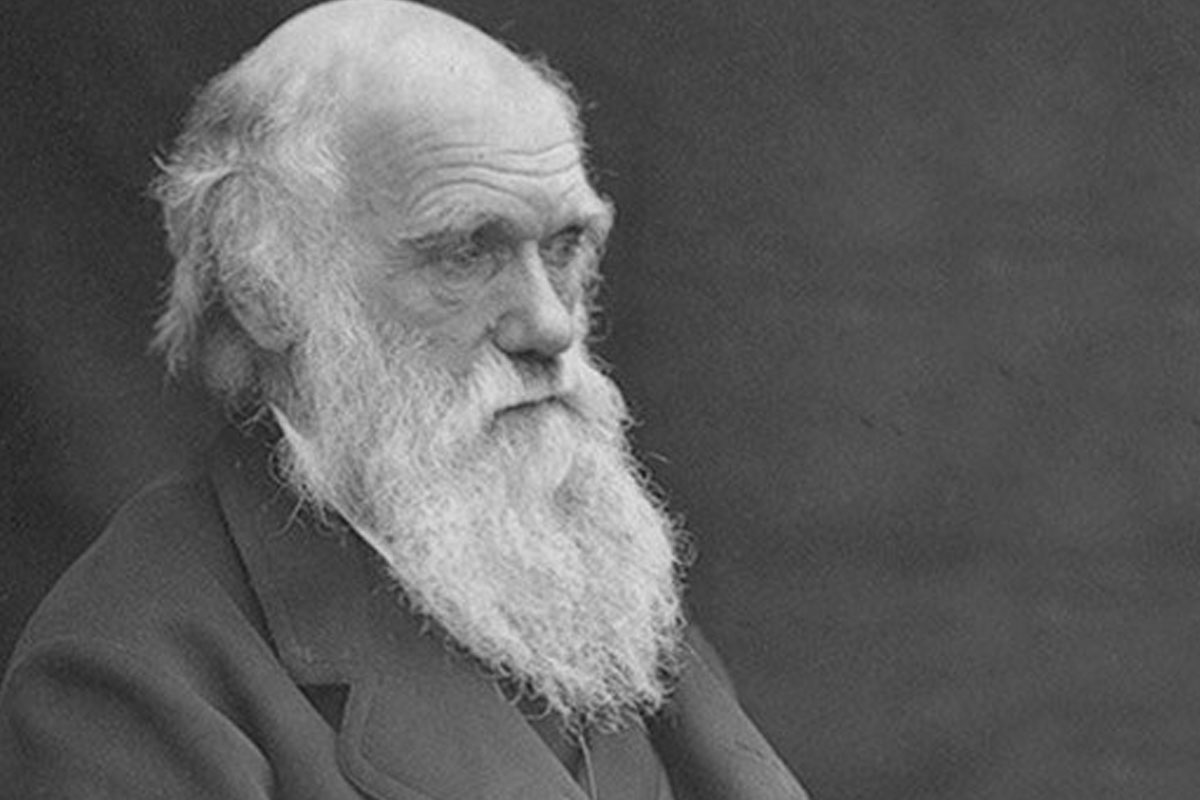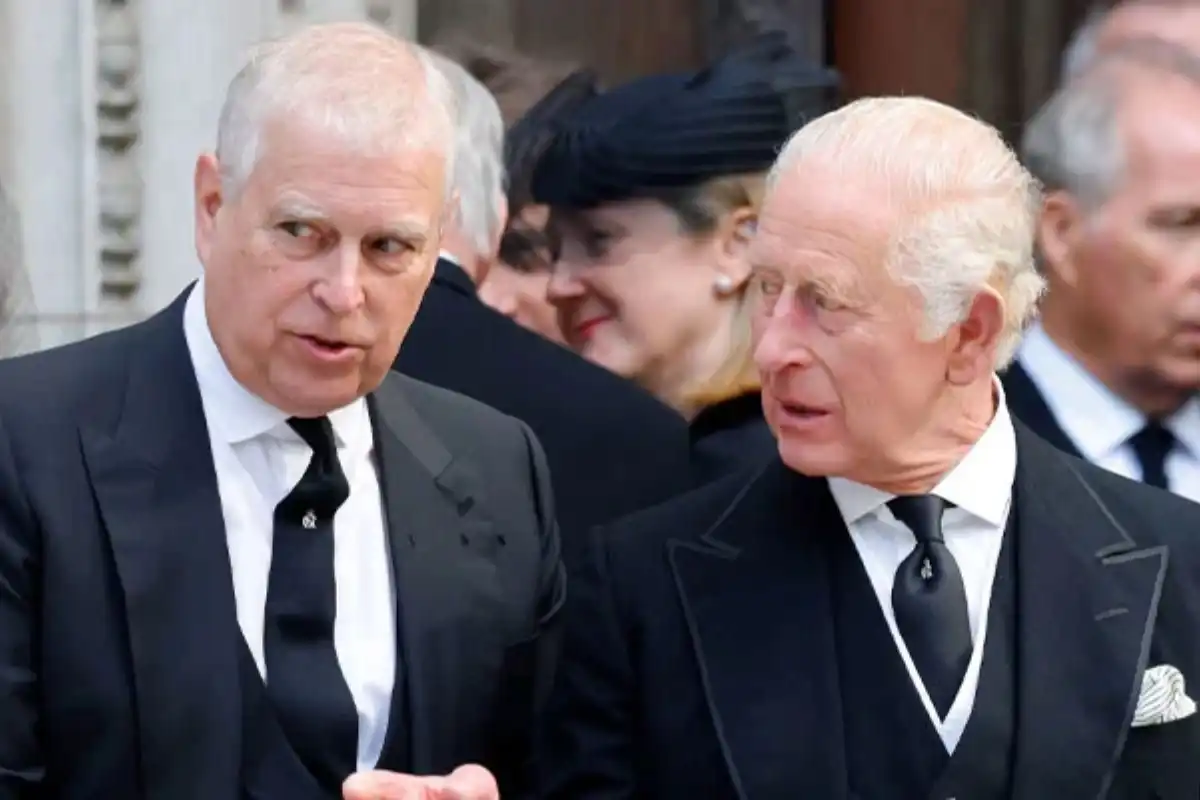Who is Charles Darwin? Biography, Books & Wiki

Who is Charles Darwin? Biography, Books & Wiki
Charles Darwin (born February 12, 1809, in Shrewsbury, Shropshire, England—died April 19, 1882, in Downe, Kent) was an English naturalist whose groundbreaking theory of evolution through natural selection laid the cornerstone for modern evolutionary biology.
A genial country gentleman, Darwin initially rattled the foundations of religious Victorian society by proposing that humans and animals stemmed from a shared progenitor. Yet, his secular perspective on biology resonated with the burgeoning cadre of professional scientists, and by the time of his passing, evolutionary thought had permeated science, literature, and even the political sphere. Though personally agnostic, Darwin was posthumously honored with burial in Westminster Abbey, London—an ultimate recognition in British society.
Darwin first conceived his audacious theory in solitude between 1837 and 1839, following his global voyage aboard HMS Beagle. However, it took him two more decades to unveil his findings to the world in his seminal work, On the Origin of Species (1859). This publication profoundly shaped Western intellectual thought, leaving an indelible mark on scientific discourse.
Early Life and Education
Born as the second son of Dr. Robert Waring Darwin, a prominent physician, and Susannah Wedgwood, the daughter of renowned Unitarian industrialist Josiah Wedgwood, Darwin came from a lineage of intellect and inquiry. His paternal grandfather, Erasmus Darwin, was a radical thinker, poet, and physician whose work Zoonomia; or the Laws of Organic Life (1794–96) was widely esteemed before the turbulence of the French Revolution.
Darwin’s mother passed away when he was just eight years old, leaving him under the care of his three elder sisters. He grew up in reverence of his domineering father, whose keen medical insights provided him with an early education in human psychology. However, formal schooling proved uninspiring—Darwin detested the rigid memorization demanded at the Anglican Shrewsbury School, where he studied from 1818 to 1825. Science was largely dismissed in English public schools at the time, and his fascination with chemistry earned him the rebuke of his headmaster and the mocking nickname “Gas” among his peers.
Seeing little future for the 16-year-old, whom he deemed idle and preoccupied with game hunting, Darwin’s father enrolled him at the University of Edinburgh in 1825 to study medicine. While Darwin later claimed to have gained little from his two years there, in truth, the experience was pivotal. Edinburgh provided an unparalleled scientific education, where he was exposed to the geology of Earth’s primordial past and the systematic classification of plants.
More significantly, the university’s radical intellectual climate introduced Darwin to the avant-garde scientific ideas percolating on the European continent. Edinburgh was a haven for English Dissenters barred from attending Oxford and Cambridge due to religious restrictions. Within student circles, Darwin encountered freethinkers who rejected divine design and argued that animals possessed the same cognitive faculties as humans. One particularly incendiary lecture on the materialist nature of the brain was censored, as such notions were deemed subversive in the politically reactionary post-French Revolution era.
During his excursions along the Scottish coastline, Darwin collected marine specimens alongside Robert Edmond Grant, a fervent disciple of the French naturalist Jean-Baptiste Lamarck. Inspired, Darwin conducted his own studies on the larval sea mat (Flustra) and presented his findings at university societies.
Though Edinburgh offered an intellectual awakening, Darwin found himself repelled by its medical curriculum—he was sickened by surgery (which, in the pre-anesthesia era, was a gruesome affair) and developed an aversion to dissection. Recognizing his son’s distaste for medicine, Darwin’s pragmatic father redirected him toward the clergy, believing that a life in the Church would be a suitable refuge for a wayward naturalist. In 1828, Darwin entered Christ’s College, Cambridge, where he was molded into an Anglican gentleman. There, he immersed himself in the leisure pursuits of the gentry—horse riding, drinking, hunting, and an obsessive fascination with beetle collecting. He eventually secured a respectable 10th place in his Bachelor of Arts examinations in 1831.
At Cambridge, Darwin was introduced to the conservative strain of botany through the teachings of Reverend John Stevens Henslow. Meanwhile, Reverend Adam Sedgwick, a staunch advocate of divine design in nature, took Darwin on a geological expedition to Wales in 1831, further refining his scientific acumen.
The Voyage of the Beagle
Inspired by Alexander von Humboldt’s vivid depictions of South American landscapes in Personal Narrative of Travels, Darwin leapt at the opportunity presented by Henslow—a voyage to Tierra del Fuego at the southern tip of South America aboard the HMS Beagle. Unlike a lowly ship’s surgeon-naturalist, Darwin was invited as a self-financed gentleman companion to Captain Robert Fitzroy, a 26-year-old aristocrat who dreaded the solitude of command.
Fitzroy’s expedition was driven by imperial and evangelical ambitions: he aimed to map the Patagonian coastline to enhance British trade and to repatriate three indigenous Fuegians who had previously been brought to England and Christianized. Armed with an arsenal of scientific instruments, preservation materials, and an extensive library (including the first volume of Principles of Geology by Charles Lyell, gifted by Fitzroy), Darwin embarked on a voyage that would forever alter the trajectory of scientific thought. The Beagle set sail from England on December 27, 1831, carrying Darwin toward discoveries that would redefine humanity’s understanding of its place in the natural world.
Catch all the Breaking News Event and Trending News Updates on GTV News
Join Our Whatsapp Channel GTV Whatsapp Official Channel to get the Daily News Update & Follow us on Google News.













